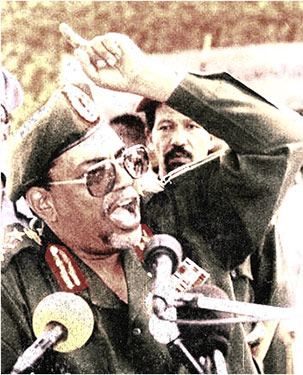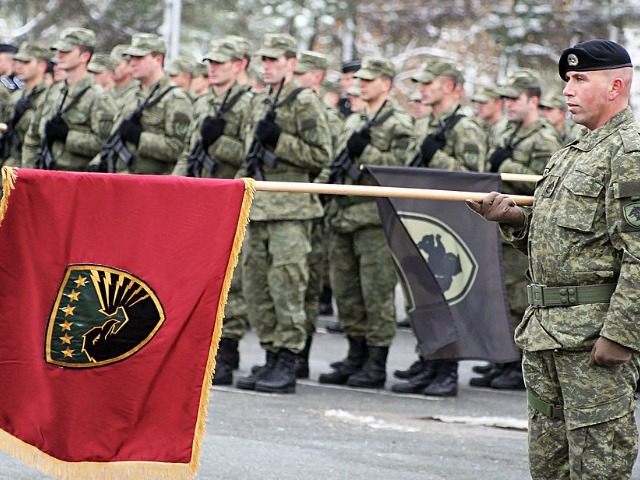Podcast: Solidarity with Idlib and Rojava
In Episode 23 of the CounterVortex podcast, Bill Weinberg notes the assassination of Raed Fares, a courageous voice of the civil resistance in besieged Idlib province, last remaining stronghold of the Syrian Revolution. The resistance in Idlib, which liberated the territory from the Bashar Assad regime in popular uprisings seven years ago, is now also resisting the jihadist forces in the province, expelling them from their self-governing towns and villages. Their hard-won zones of popular democracy face extermination if this last stronghold is invaded by Assad and his Russian backers. As Assad and Putin threaten Idlib, Trump’s announced withdrawal of the 2,000 US troops embedded with Kurdish forces in Syria’s northeast is a “green light” to Turkey to attack Rojava, the anarchist-inspired Kurdish autonomous zone. The two last zones of democratic self-rule in Syria are each now gravely threatened. Yet with Turkey posing as protector of Idlib, the Arab revolutionary forces there have been pitted against the Kurds. The Free Syrian Army and Rojava Kurds were briefly allied against ISIS and Assad alike four years ago, before they were played against each other by imperial intrigues. Can this alliance be rebuilt, in repudiation of the foreign powers now seeking to carve up Syria? Or will the US withdrawal merely spark an Arab-Kurdish ethnic war in northern Syria? Weinberg calls for activists in the West to repudiate the imperial divide-and-rule stratagems, and demand survival of liberated Idlib and Rojava alike. Listen on SoundCloud, and support our podcast via Patreon. (Photo: NYC Syria Peace Vigil Group)





